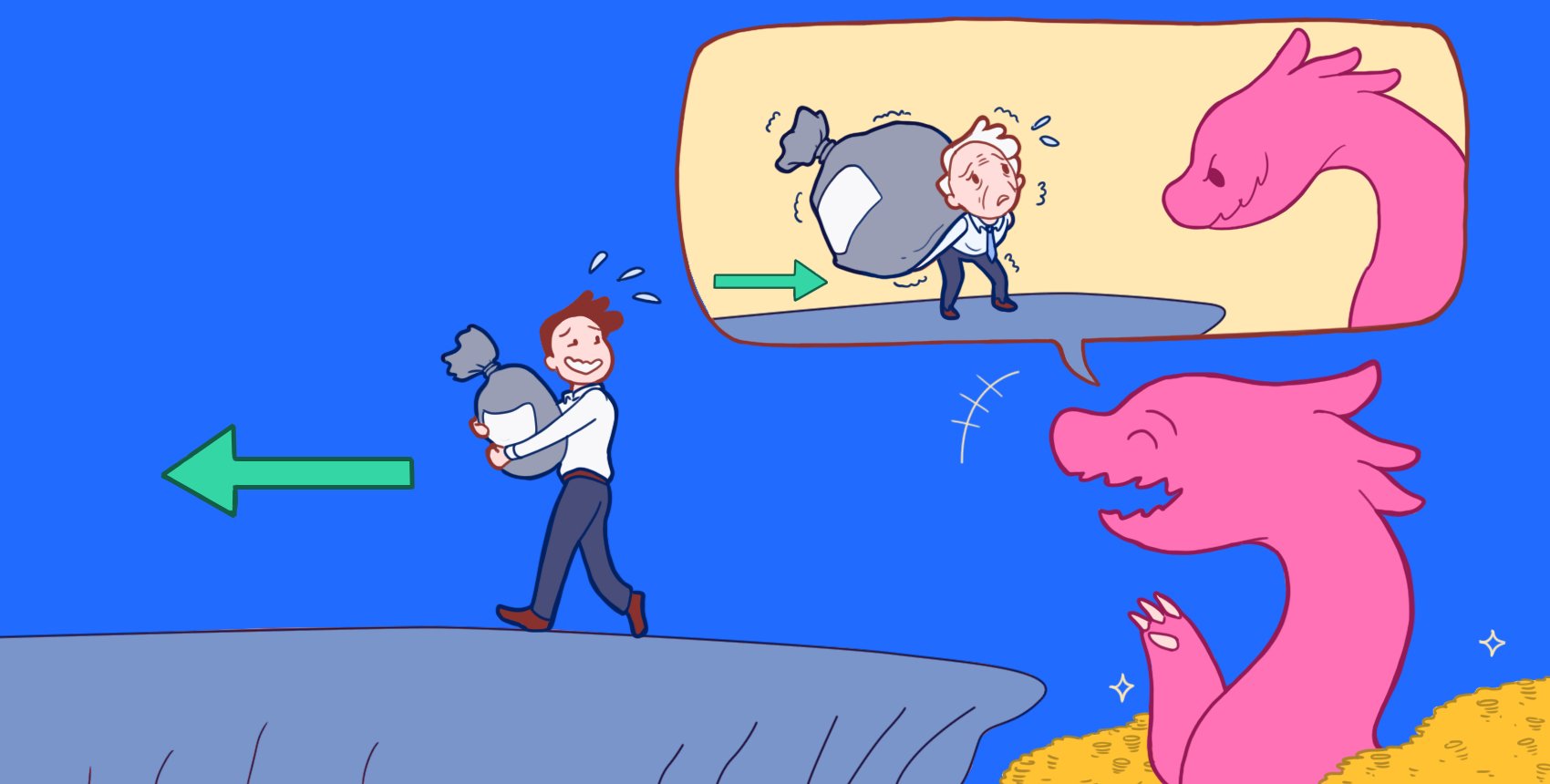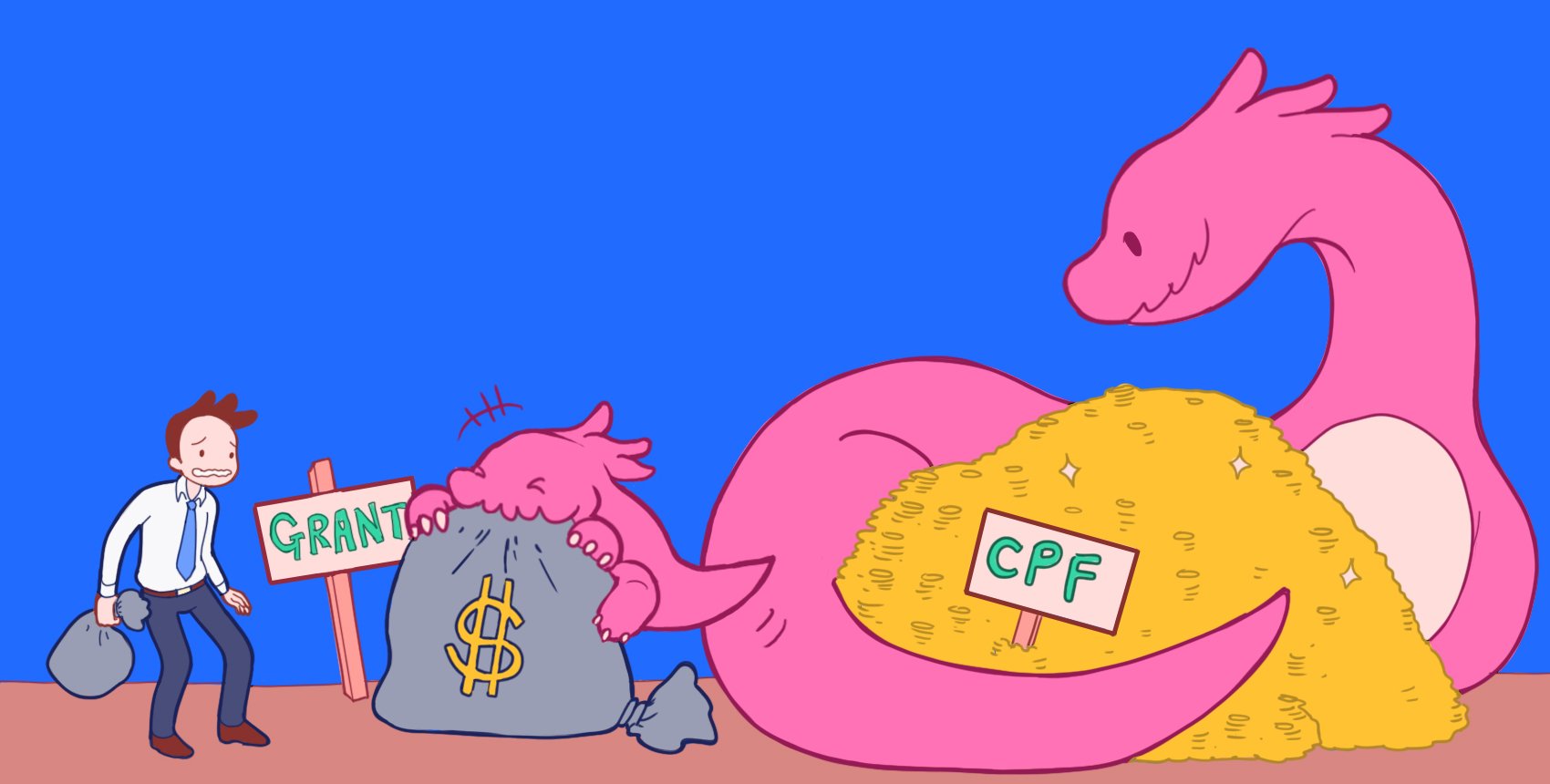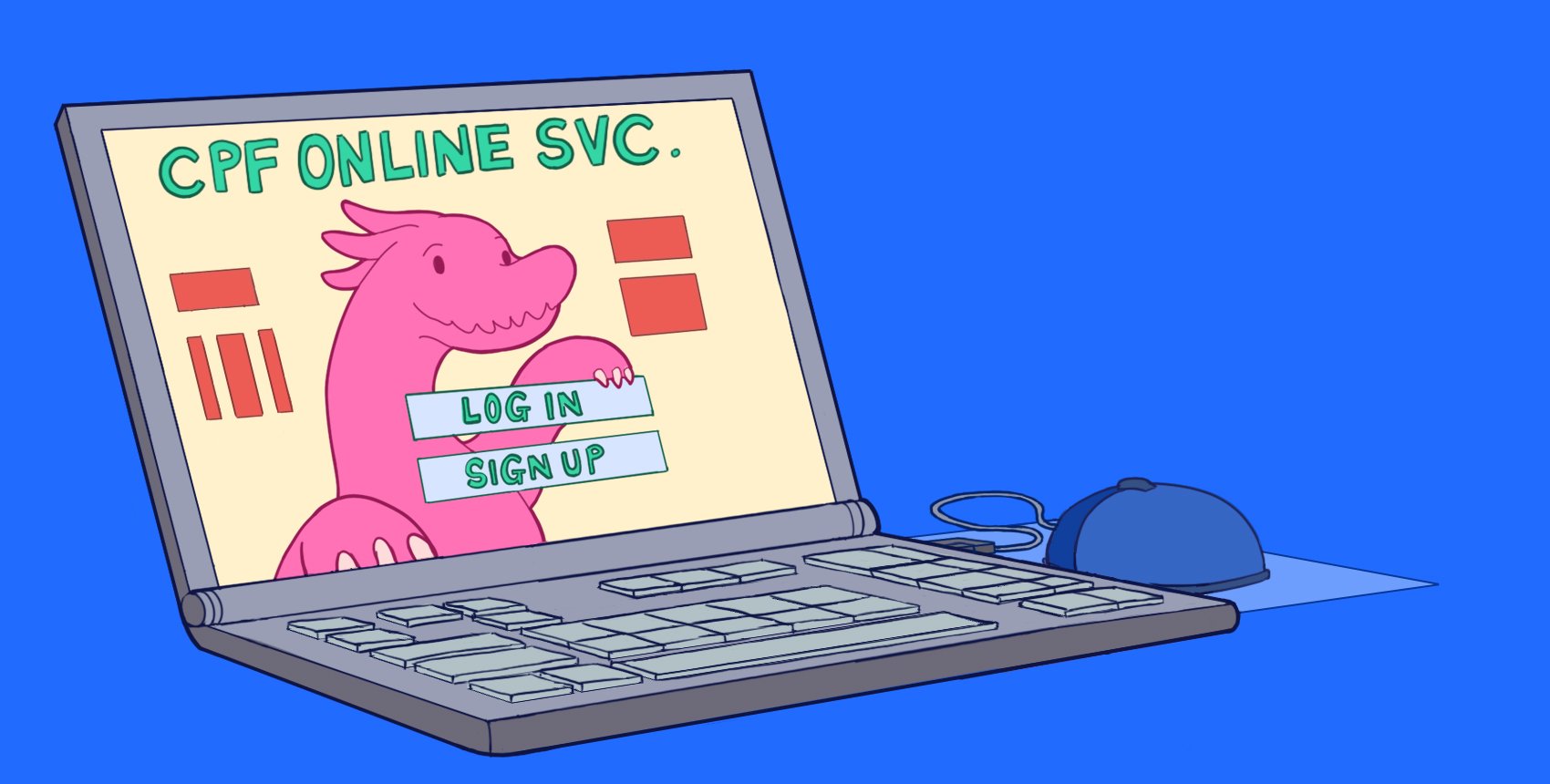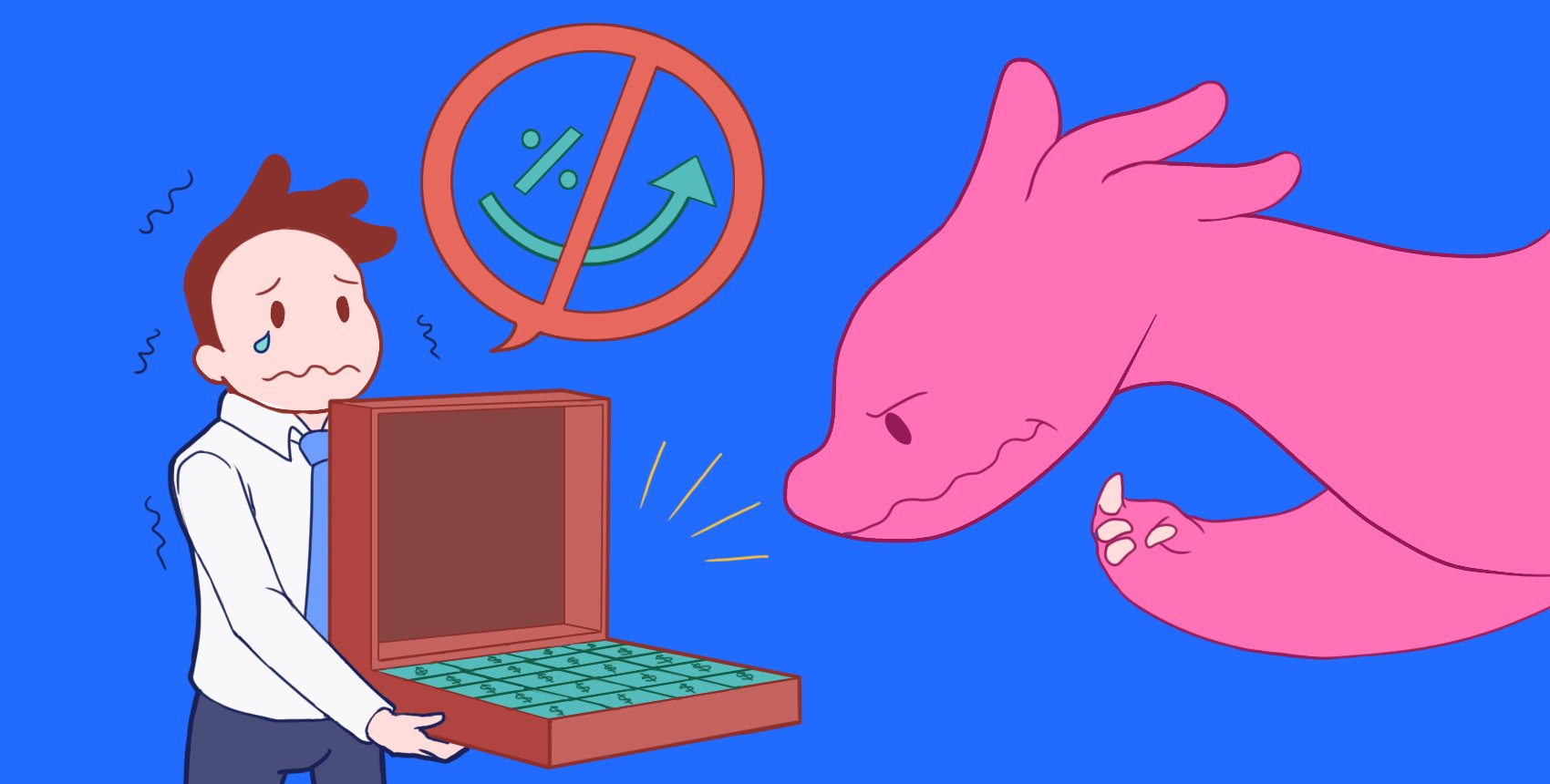Singaporeans are viewed as a practical and savvy bunch, right? When it comes to selling our house (whether it’s an HDB flat or condo), most of us prefer to receive the sale proceeds in cash, rather than having it go into our Central Provident Fund (CPF) accounts. In this article, we’ll show you how much of your property sale proceeds need to be refunded back into your CPF account upon selling your house.
Knowing the amount allows you to better plan your finances and decide whether to sell your house or not. (Property agent commission and the HDB resale levy are rather straightforward deductions from your sale proceeds, but refunding the CPF monies to your account needs more explanation.)
What you take from your CPF account, must be returned to your account after selling the house

It is compulsory that any CPF funds used to finance a property must be repaid to your CPF account when the property is sold. This repayment is made up of the principal amount used plus accrued interest.
What’s accrued interest?
Accrued interest is the interest that the principal amount would have earned if it was sitting in your CPF Ordinary Account (CPF OA) instead of having been taken out to pay for your house. Currently, the CPF OA interest rate is 2.5% per annum.
Accrued interest works just like compound interest. So in this case, the more time passes, the higher the accrued interest you’ll have to pay back into your CPF OA.*
Yes, most of us did a double-take when first hearing about the accrued interest rules, but hey, the Singapore government really sees the value of CPF for our retirement…
*The reality of having to pay accrued interest on top of the interest you already pay for your mortgage is why some people choose to service their home loan instalments in CASH, even if they can do so using their CPF.
Besides the principal amount and accrued interest, you must also refund the CPF grants back to your account
Although the word “grant” sounds generous, there are strings attached when it comes to getting it from the CPF. If you apply for and receive a grant from CPF at any point in time to help pay for your HDB flat, you’re required to return that amount, plus accrued interest on that amount, to your CPF account when you sell the house.
We’ve heard a story of a flat seller who forgot they received a grant from CPF some years back, only to find that the cash proceeds from the sale of their flat got nearly wiped out because they needed to refund to their CPF account the said grant plus accrued interest.
(In fact, recently, CPF reported that from 2018 to 2020, more people have been unable to fully refund their CPF monies used for housing.)

If it’s any consolation, if the amount you have to refund to your CPF account exceeds your cash proceeds, CPF will write off the excess amount. That is, you’ll not be required to refund your CPF account beyond the sale proceeds you receive. But take note that this is only in the case when you sell your property at market value.
Here’s the thing: If you sell below market value and the amount owed to your CPF account (plus accrued interest) exceeds your cash proceeds, you’ll have to return 100% of the CPF monies used to your account by default, even if it means having to pay cash to top up the shortfall. That said, sellers can appeal to the CPF Board to waive this ‘debt’, and have their cases assessed on a case-by-case basis.
So what should you do?
First, find out how much of the accrued interest can eat into your sale proceeds

To calculate how much money you “owe” your CPF account at a given point in time, log in to your CPF account. Under “my cpf’ tab, click on “Home ownership”. The page will show you the principal amount used and the accrued interest. The total sum of these two amounts is what you need to return to your CPF account when you sell your property.
A step-by-step example to calculate your sale proceeds
To figure out how much cash proceeds you’ll get from the sale of the property, you’ll need to know and factor in your sale amount, principal amount used from your CPF savings, CPF accrued interest, agent commission fee and legal fees.
Let’s say you’re selling your 4-room HDB flat in 2022 for S$550,000. You previously bought it for S$200,000 in 2012, with a S$15,000 CPF grant and S$20,000 downpayment using your CPF OA savings. So the loan amount was S$165,000, with a loan tenure of 20 years and a 2.6% interest rate for the HDB housing loan. All mortgage instalments thus far were paid using CPF, with an outstanding loan amount of S$93,000.
(A) Sale amount = S$550,000 (If you’re not sure what your property might sell for, you can either use 99.co’s Property Value Tool or refer to HDB’s past transacted prices)
(B) Outstanding loan amount = S$93,000 (rounded off for easy calculation)
(C) CPF principal amount used = S$107,000 (consisting of S$72,000 mortgage payments + interest paid using CPF and S$35,000 grant plus downpayment)
(D) CPF accrued interest = S$30,000 (rounded off for easy calculation)
Note that (D) is calculated based on the principal amount compounded yearly up till the point of sale, not until the end of the loan tenure.
(E) Sale proceeds = (A) – (B) – (C) – (D)
S$550,000 – S$93,000 – S$107,000 – S$30,000= S$320,000
**(You may also estimate your sale proceeds using HDB’s sale proceeds calculator)
(F) Agent commission fee = S$11,000
If you engage a property agent to help you sell your house, you’ll have to pay them a commission. While there’s no set rate, the widely accepted rate for selling an HDB resale flat is 2% of the selling price.
(G) Legal fees = S$2,500
Generally, legal fees cost between S$2,000 to S$3,000.
Cash proceeds = (E) – (F) – (G)
S$320,000 – S$11,000 – S$2,500 = S$306,500
This may or may not be sufficient to finance your next home purchase and/or fulfil other objectives for selling the house.
IMPORTANT: For those who are aged 55 or above…
If you’re 55 years old in 2022, your Full Retirement Sum will stand at S$192,000. If the combined balances of your CPF OA and Special Account fall below this threshold, the amount refunded to your CPF OA from the sale of your house will automatically go into your Retirement Account.
Note that if you are still working, contributions to your CPF OA can still be used to pay for your outstanding home loan. This is even if you don’t meet the Full Retirement Sum.
The bottom line? The accrued interest you must refund to your CPF account can take a chunk of your sale proceeds. This can constrain your ability to upgrade or use the cash proceeds to start a business, pay for your child’s university education or set up a retirement fund*.
(*Unless, of course, you plan to migrate after selling your house, whereby you can withdraw your full CPF balance anyway.)
As what we’ve seen from the recent CPF trends report, more people have been unable to fully refund their CPF monies to their account. There’s a growing number of people who weren’t getting the cash proceeds they initially expected after selling their house.
Pro tip: Reduce accrued interest by making a cash refund to CPF

That said, there is a way to reduce the amount you need to refund to your CPF account, thereby increasing your sale proceeds. You can do so by making a voluntary housing refund to your CPF account. This refund can be done either partially, or in full.
Subsequently, use cash as much as possible to pay your home loan instalments for the remainder of your loan tenure.
Note that if you can only make a partial refund (either a partial principal amount, or the full principal amount without accrued interest), your accrued interest will still snowball, but at a slower rate. You’ll still have to put money back into your CPF account after selling your house, but the amount would be lower.
In short, if you’ve got enough cash on your hands to make a full cash refund (principal + accrued interest) and pay off your home loan with cash from then on, you won’t have to put any money back into your CPF account after selling your house.
Other ways to lower CPF accrued interest (and possibly increase the cash you’d receive from your sale proceeds in future)
- If you’re taking an HDB loan with a 2.6% interest rate, refinance to a bank loan with a lower interest rate
- If you cannot afford to pay all of your mortgage in cash, consider paying part of it in cash
- Take a shorter loan tenure or shorten your loan tenure (no penalties for doing so for HDB loans)
- Selling your house will stop the accrued interest from accumulating, but make sure you have a solid plan to give yourself a secure roof over your head!
[Additional reporting by Virginia Tanggono]
Have any stories about the CPF accrued interest and sale proceeds? Share them with us in the comments below or on our Facebook post.
If you found this article helpful, 99.co recommends What happens if your housing loan deductions reach your CPF Basic Retirement Sum (BRS)? and If your HDB flat is MOP-ing this year, is it still a good time to upgrade?
Looking for a property? Find the home of your dreams today on Singapore’s fastest-growing property portal 99.co! If you would like to estimate the potential value of your property, check out 99.co’s Property Value Tool for free. Also, don’t forget to join our Facebook community page! Meanwhile, if you have an interesting property-related story to share with us, drop us a message here — and we’ll review it and get back to you.
The post How the CPF accrued interest can affect your property sale proceeds appeared first on 99.co.

